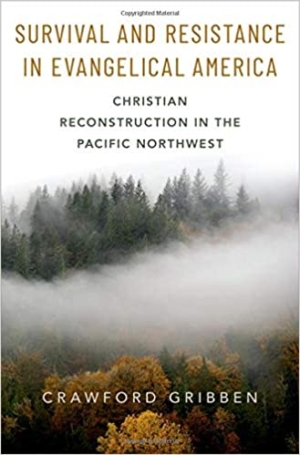The expression “mainline church” is drawn from an old-money neighborhood in Philadelphia known as “the main line.” The mainline churches were what are sometimes called the “tall steeple” church along the mainline. Scholars of American Christianity sometimes speak of the “Seven Sisters . . . Continue reading →
With Presbycast On Revival, Revivalism, And What Does “Evangelical” Mean?
The Presbycast (Brad “Chortles Weakly” Isbell and Wresbyterian) put up the bat signal yesterday so I filled in for the redoutable Chris Drew. There was some confusion over the number of episodes in which I have appeared. The correct number is 25. . . . Continue reading →






